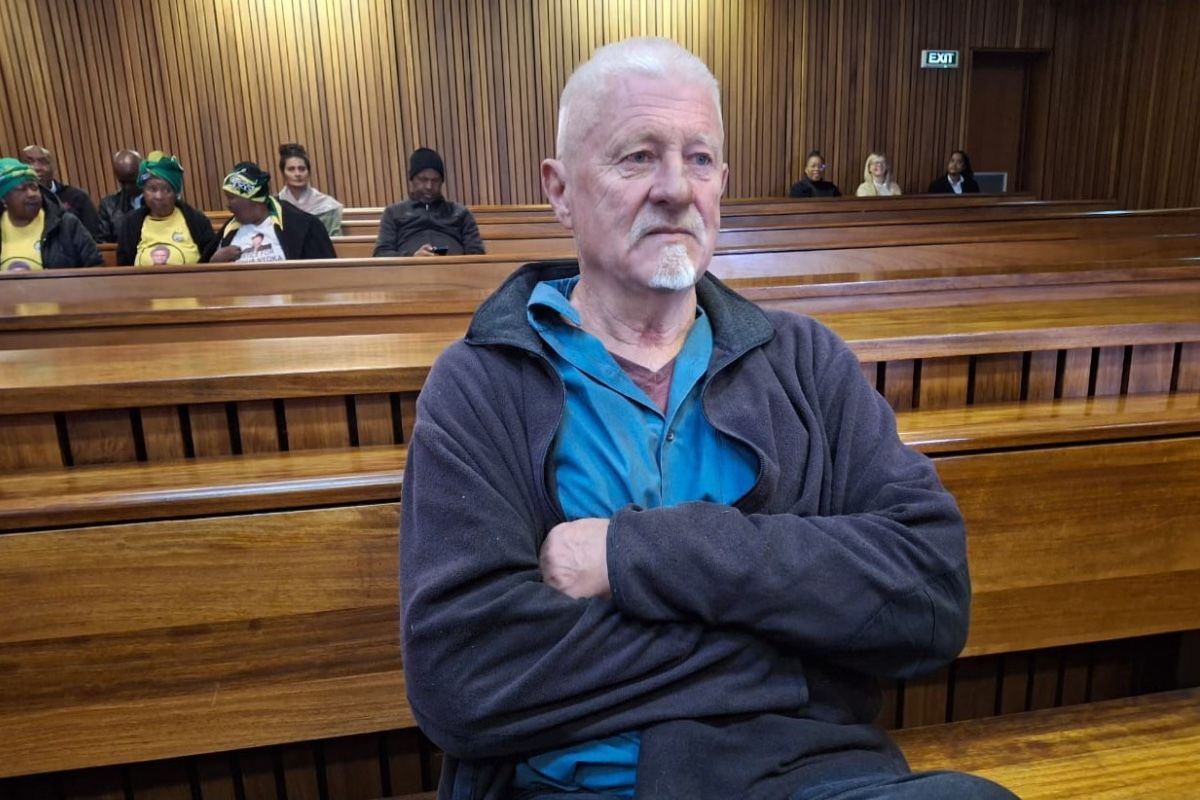Justice has finally caught up with Johan Marais, a former apartheid police officer who was sentenced to 15 years in prison for the murder of student activist Caiphus Nyoka.
The sentencing marks a significant moment in South Africa’s ongoing reckoning with its painful past—more than three decades after Nyoka was killed.
Remembering Caiphus Nyoka, A Brave Young Activist
Back in 1987, Caiphus Nyoka was not just any student—he was a passionate young leader.
At the time of his death, Nyoka held several important roles: he was the president of the Student Representative Council at Mabuya High School, a member of the Congress of South African Students (COSAS), and an organizer for the South African Youth Congress (SAYCO) in the East Rand.
Nyoka was outspoken against apartheid, refusing to stay silent in the face of injustice.
His activism made him a target, and ultimately, a victim.
The Tragic Night of August 24, 1987
The events that led to Nyoka’s death have been examined in detail at Pretoria High Court.
It was revealed that Johan Marais, who led the Reaction Unit 6—a counter-terrorism unit within the South African Police Service—conspired with other security branch members to assassinate Nyoka.
In the early hours of August 24, 1987, police stormed Nyoka’s bedroom, shooting him nine times.
He died instantly from his wounds. Other officers involved in the case, including Major Leon Louis van den Berg, Sergeant Pieter Stander, and Sergeant Abram Hercules Engelbrecht, face separate charges for their roles in the killing.
Justice Finally Delivered After 37 Years
During sentencing, Marais admitted to carrying out the killing under orders from the apartheid regime.
However, prosecutors argued that his guilty plea did not show genuine remorse, especially since he had not apologized to Nyoka’s family.
Judge Papi Mosopa agreed, stating that Marais failed to express true regret and that the 15-year sentence was appropriate given the severity of the crime.
The National Prosecuting Authority welcomed the sentence, emphasizing the importance of accountability even decades after such atrocities.
Reflecting on Justice and Its Timing
The question now remains: does justice served nearly 40 years later truly bring closure? What impact does a sentence so long after the crime have on victims, families, and society?



